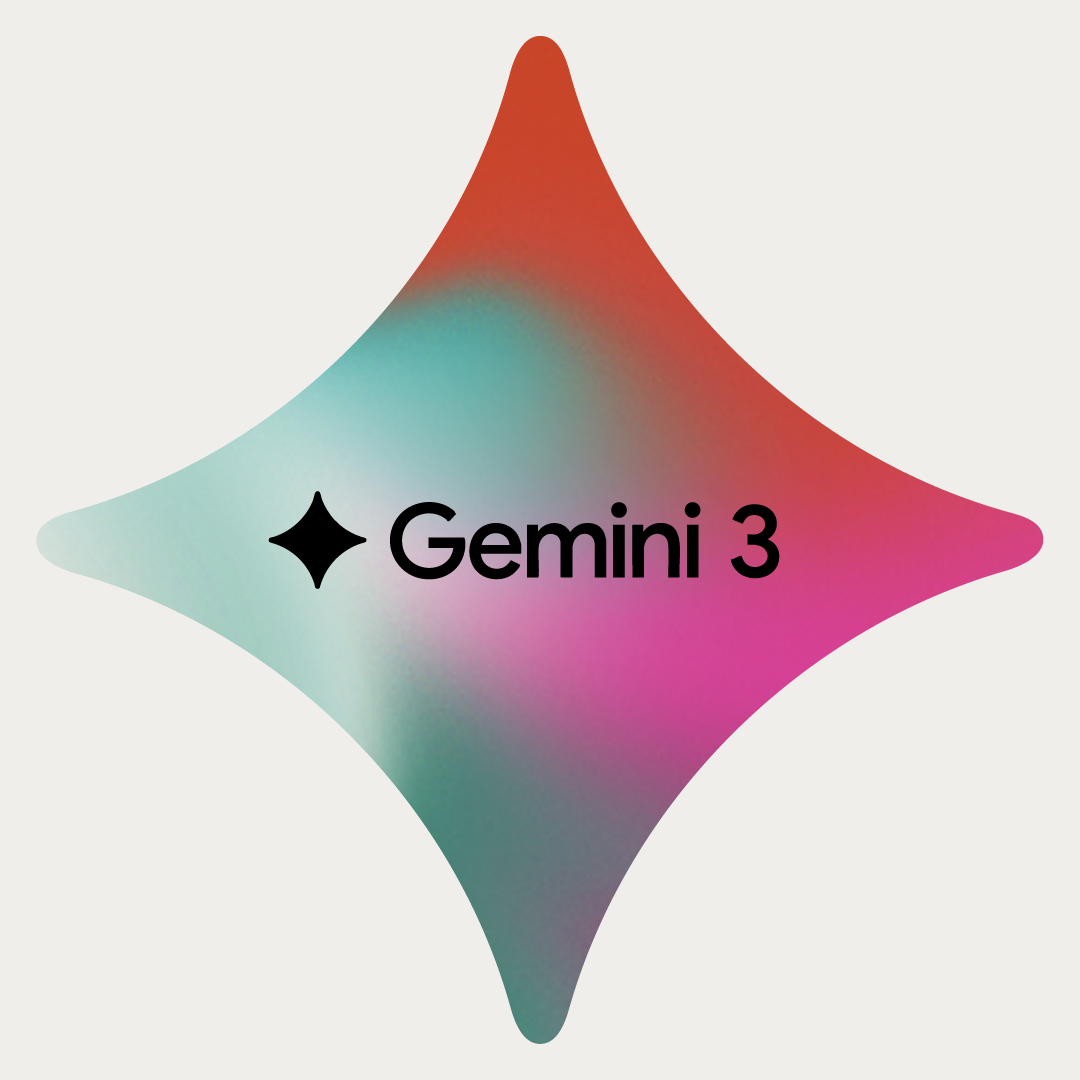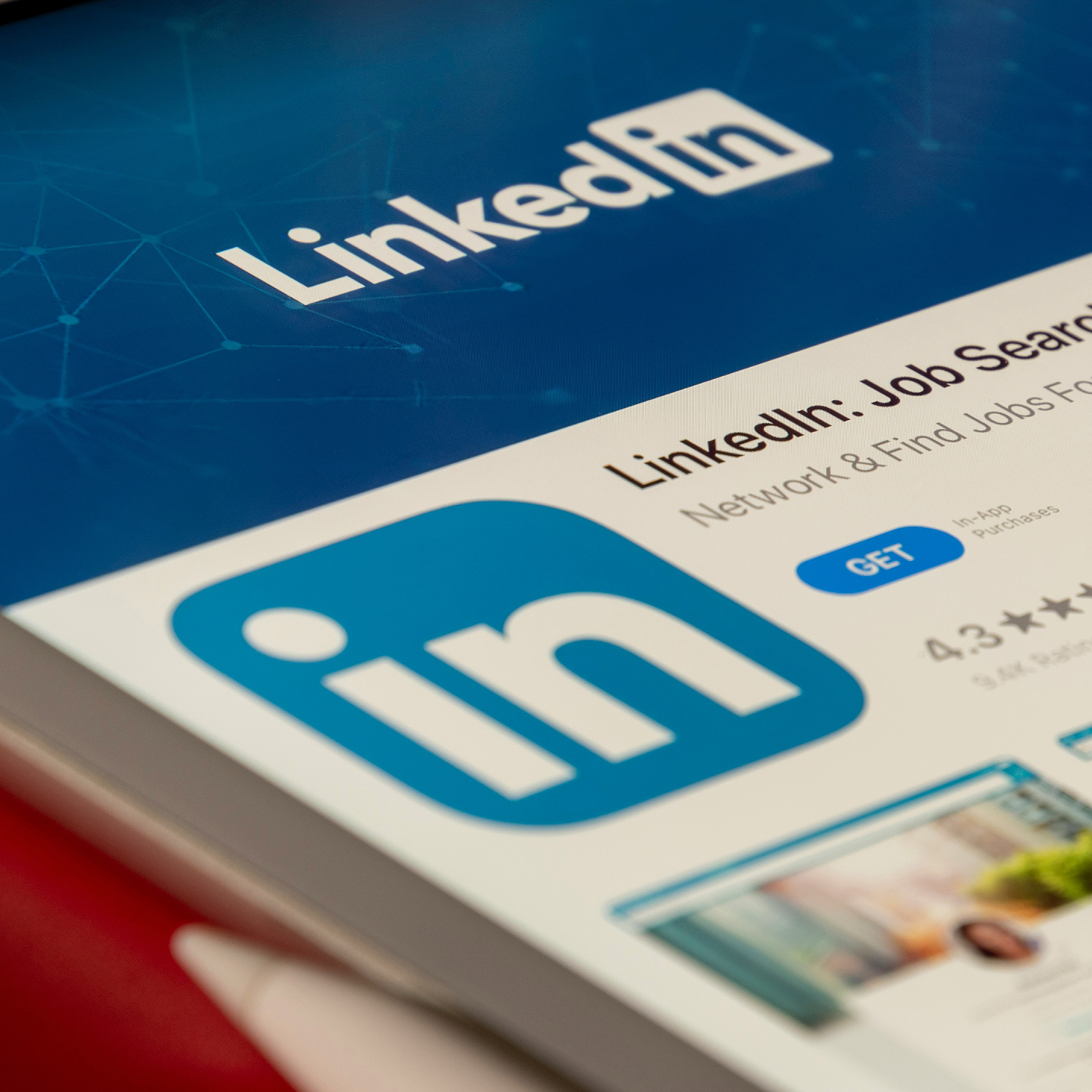Imagine two wanderlustful passengers seated next to each other on a flight as the double chime and a flash of the seat belt icon signal that it’s time for the plane’s final descent from the friendly skies. Within minutes the plane arrives wheels down, safely at its final destination. One of our jet-setting passengers begins to clap (yes, he’s a plane-clapper) and the other…annoyed by the zen-disrupting cheering, quickly grabs their sustainable eco-minded backpack and beelines it off the plane. While both of our adventure-seeking consumers have prioritized travel and exploration this year, their vision of what an ideal newfangled venture looks like is wildly different, complex and boldly divergent. These wanderlust tensions represent a “push and pull” relationship between values that are competing and vying for consumers’ attention as they make travel decisions.
Travel and tourism reports position travelers’ wants and needs as simple and linear. Reality: They are not.
The internet is flooded with travel and tourism noise, buzzwords, survey research, and data that asserts—with a bloated confidence—what today’s travel consumers definitely want. However, when we peel back the curtain, take a gander at the cockpit and analyze these wanderlust trends, what we see isn’t a linear and structured path forward for the travel and tourism industry; in fact, it looks a lot more like a multi-destination flight path of coexisting (and seemingly contradictory) consumer values and travel ideals.
- Save the Planet vs. See the Planet
- Sightseeing vs. Sight “Being”
- Off-the-Beaten-Path vs. On-the-Pop-Culture-Map
- Balanced “Bleisure” vs. All-Consuming Leisure
- Optimized Wellness vs. Unapologetic Indulgence
Save the Planet vs. See the Planet
Travel—as a concept—hasn’t lost its shine. However, it’s becoming increasingly difficult for consumers to turn a blind eye to the role that travel and tourism play in the declining health of our planet. Research by the World Travel & Tourism Council indicates that the tourism sector contributes to approximately one-tenth of the greenhouse gas emissions that are driving the climate crisis, and online conversations around “sustainable tourism” have increased by 40% since 2021. To assuage mounting levels of eco-anxiety, consumers are seeking “responsible travel experiences” that can appeal to their environmental and ecological sensibilities, as well as their wanderlust.
Sightseeing vs. Sight “Being”
Finding the perfect travel partner is the dream. Loving the exact same activities, moving at a similar pace, equal spending habits, and so on. Today’s savvy travel consumers fall into two opposite mindsets. On one hand, the sightseers want to do it all, and see it all. With travel shut down during COVID, these ‘revenge travelers’ are seeking to catch up on their bucket list items. Their packed itineraries definitely give meaning to ‘a vacation from my vacation.’ In contrast, others may strive for ‘sight-being.’ They slow down, take it all in, disconnect, and want a truly authentic experience of living like the locals. How is the travel industry expected to know each individual’s travel needs and then cater to it all? Definitely a tough one, but we can help!
Off-the-Beaten-Path vs. On-the-Pop-Culture-Map
Screens are rapidly becoming a go-to source for travel inspiration—especially amongst digital natives. This past year, 70% of Gen Z and Millennial respondents said they were inspired to visit a destination after seeing it featured in a TV show, news source, or movie. And while traveling to places with cinematic aspirations is hardly new (Death Valley—a.k.a. planet Tatooine—has been welcoming Star Wars fans since the 1970s), the phenomenon has reached new heights with what destination promoters are calling ‘The White Lotus Effect’ (in which Expedia witnessed a 300% spike in searches for Sicily on their travel platform directly following the show’s season finale). Conflicting with consumers’ desires to experience pop-culture-made-famous-destinations is a very real human desire to return travel to its original purpose, before pop culture and social media muddied the waters: trekking “off the beaten path,” societally “unplugging,” and intentionally disconnecting from a loud, multi-screened world, so that we might have the chance to more meaningfully reconnect with ourselves, and with others.
Balanced “Bleisure” vs. All-Consuming Leisure
Combining business and leisure travel into a ‘workation’ is not new. One-third (32%) of Gen Z and Millennial business travelers plan to add leisure time to their business trips in 2024, according to a 2023 Ipsos Hilton survey. Hotels, restaurants, and other travel partners have catered to this growing trend. Amenities for work and play, check. Reliable internet and relaxation, check. However, consumers are still in conflict. Because the true purity and benefits of a dedicated vacation lie in the ability to detach, revitalize, and get back to baseline—away from societal expectations to be “always on.” Yet, in a connected world, consumers are forced to balance the desire for all-consuming leisure that traditional vacationing offers against expectations to be available, contributing, and online.
Optimized Wellness vs. Unapologetic Indulgence
Part of travel’s allure is that it presents us with a finite opportunity to be as we wish we could be. For consumers, this has traditionally meant justifying all things “bad” as a reward for always being so “good.” Margaritas at 9 a.m.? “Yes, I’m on vacation.” A third plate of food at the resort buffet? “Sure, I’m on vacation.” Party all night and sleep through the day? “Why not, I’m on vacation.” Permission to indulge is set on autopilot. However, in a world that is becoming increasingly demanding (vocationally, mentally, and emotionally), the permission many contemporary travelers seek isn’t necessarily the permission to indulge in vice, but rather the permission to embrace “self-care.” A recent Expedia report reveals that 40% of travelers are likely to book an alcohol-free vacation in the year ahead; psychedelic “mindfulness retreats” are reportedly on the rise, and the wellness tourism industry is currently projected to reach $1.4 trillion by 2027. While not everyone is choosing dry-tripping over booze cruising, or mindful self-betterment over mindless self-indulgence, consumers are clearly reevaluating the purpose—and permissions—they seek from their vacations.
These consumer wanderlust tensions present travel and tourism professionals with challenges and opportunities (in equal measure). Having a strategic partner is critical to staying abreast of these shifts (to respond) and to understanding the why (what’s driving them) that can empower you to proactively embrace the ever-changing nature of the 2024 traveler. At Vladimir Jones, we partner with travel and tourism entities to help them navigate, anticipate, and respond to the evolving needs, interests, and values of modern-day travelers everywhere. So why not reach out to us? We’d love to hear from you.






